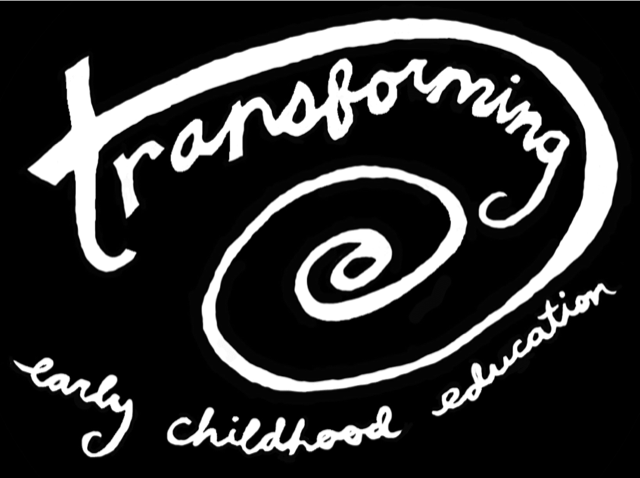But they...
did it on purpose.
were smirking.
know better.
are being defiant.
are being a bully.
just don’t like to be told no.
should listen the first time.
pretend not to hear me.
have been told not to do it before.
know exactly what they are doing.
should just calm down.
are making a big deal out of nothing.
just want attention.
think they don’t have to follow the rules.
don’t have any rules at home.
know better.
are being defiant.
are being a bully.
just don’t like to be told no.
should listen the first time.
pretend not to hear me.
have been told not to do it before.
know exactly what they are doing.
should just calm down.
are making a big deal out of nothing.
just want attention.
think they don’t have to follow the rules.
don’t have any rules at home.
But what if they...
Are young children who have only been on this planet for 1,2,3,4 or 5 years.
Are young children who are learning how to navigate life within a group of same-aged children.
Are young children who are dysregulated and need a stable adult to support them through co-regulation.
Are young children who are modeling behaviors they have seen displayed by the adults in their lives.
Are young children who don't feel securely attached to their caregiver.
Are young children learning to manage their emotions and impulses the only way they know how.
Imagine a world where we don't always view young children through the lens of purposeful misbehavior...


